Registrations open for the Third Joint Symposium on Neuroacanthocytosis
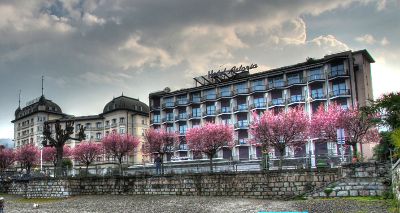
The Third Joint Symposium on Neuroacanthocytosis takes place October 30-1 November, bringing together an expert group of researchers, consultants and interested parties to share recent activities in the search for further knowledge about two rare diseases. New Frontiers in Neuroacanthocytosis and Neurodegeneration with Brain Iron Accumulation: From Benchside to Bedside will be held in Stresa Italy and the agenda includes many of our Researchers and Clinicians. [Image Stresa in Italy, Copyright Luca Rossato @ Flickr]
Read more»
RESEARCH UPDATE
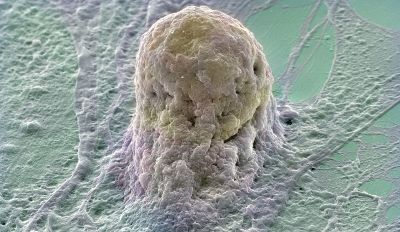
We are pleased to present research updates from investigators supported by the Advocacy. The Scientific Review Panel led by Professor Roger Albin at the University of Michigan collected and carefully considered evaluations from experts in each specific scientific area and recommended supporting these excellent proposals. The Advocacy supporters joined in raising most of the money needed and the additional financial resources for all these projects. Our ability to continue funding research is reliant in large part on the generosity of our supporters, and the annual Big Give coming this December will be an important opportunity for us to raise research funds. Updates this issue from Florian Wegner, University of Hannover Medical School, Hannover, and Alexander Storch, Dresden Technical University, Germany...Dr. Antonio Velayos-Baeza, Wellcome Trust Centre for Human Genetics, University of Oxford, UK...Dobrila D. Rudnicki at Johns Hopkins University, Baltimore Maryland, USA.
Read more»
Everyday tips for NA patients
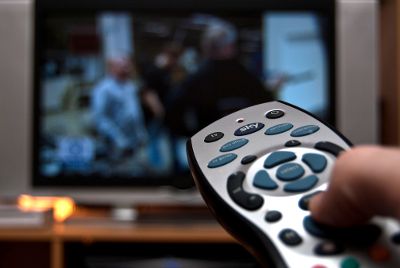
Welcome to this new section in NANews specifically for patients. Here, we'll share non-medical techniques some patients find helpful for coping with some of the symptoms of NA, and we also share details about daily activities of patients and how they spend their time. In this issue we hear of patients' experience with acupuncture and essential oils, plus tips for coping with involuntary movement and tics. Thank you to all who have contributed, and keep your experiences coming!
Read more»
FUNDRAISING - Award-winning Linos Trio supports NA with London concert
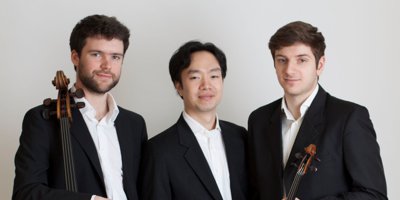
Join us in London November 10th, a highlight for NA Fundraising in 2014, with a concert featuring the award-winning Linos Trio. With Prach Boondiskulchok (piano), Konrad Elias-Trostmann (violin) and Vladimir Waltham (cello), this is not an event to be missed. The programme features C.P.E.Bach's Piano Trio in G Major Wq.90 no. 2, Schumann Trio in G Minor, Op.110 and Beethovan's Piano Trio, Op.97 'Archduke'. Konrad, Vladimir and Prach share five nationalities, matched by the similarly wide range of their musical backgrounds, which include historically informed performance practice, composing and improvising. All of this is brought together to support a dynamic and refreshing vision of making music.
“The players brought brilliance and élan [to the work] . . . performed with control and tonal intensity . . . the ensemble between these three players was superb . . . Their winning way with slow sustained lines . . . This was a slow-burning, gripping performance, the playing rich and passionate” - The Strad.
The Advocacy is grateful to Vernon and Hazel Ellis for presenting this programme to support patients and families and to contribute to research. A silent auction and raffle will be included on the evening. 7 for 7.30 pm at 49 Queen's Gate Terrace, London SW7 5PN. Voluntary donation of £35 to include wine, canapés & supper. Cheques payable to NA Fund. To reserve a place email Vernon@vef.org.uk.
Join us for a special Christmas fundraiser
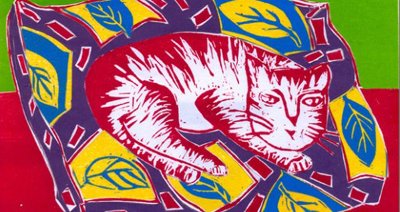
Early December will see the opportunity to purchase gifts for Christmas at the home of Alex, Ginger and Glenn Irvine in London. This charity craft event on 5 & 6 December will display a fabulous selection of work - come join us!
Read more»
Fundraising round-up
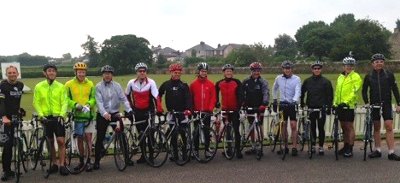
We are grateful as always for the remarkable commitment offered by our supporters. Here's a round-up of all the latest fundraising news. Thank you to everyone giving their time and funds, and for helping us raise awareness for the ultra-rare group of NA diseases.
Read more»
PATIENT NEWS
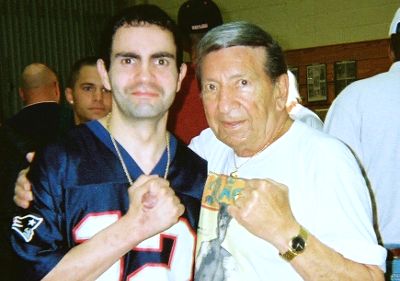
In this issue: Elyse...Mike Koutis...Ed Ayala
Read more»
In Memoriam - Claudia Schuchert
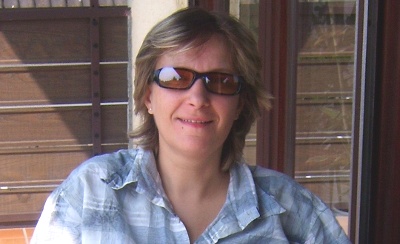
We are very sorry to learn of the death of patient Claudia Schuchert, who died on July 11, 2014 on holiday in Italy.
Read more»
What does it take to be a Patient Advocate?
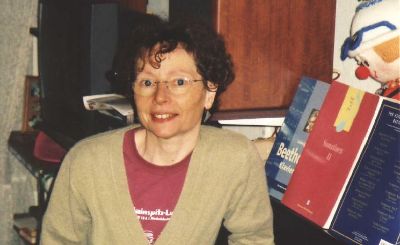
Louise Dreher, our advocate for German-speaking patients, has shared why she volunteered to be a patient advocate, what her role is and why it is important to patients and the Advocacy:
Read more»
Comments: Kudos from our readers
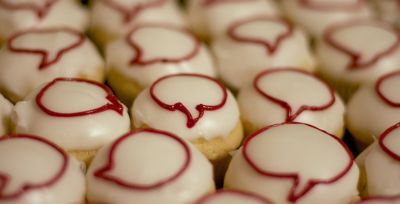
We are delighted to receive this feedback from our readers. Thank you!
"I admire and support the work that you and Ginger are doing." Bob A., USA
"I am always full of admiration when I read your newsletter. You have done, and are doing an amazing work." Anne S., France
"We are full of admiration for what you have achieved with the Advocacy." Elfie M., London
"Thank you for all you do, and have done, towards research and aknowledgement of this cruel disease." Indian mother of patient in US
"I am impressed with what you have achieved - the newsletter, the symposia, all the communication and increased awareness about NA and related diseases and the patient registry. Wow! So let me know who/what to make the check out to and where to send it." Richard S. US
|
|